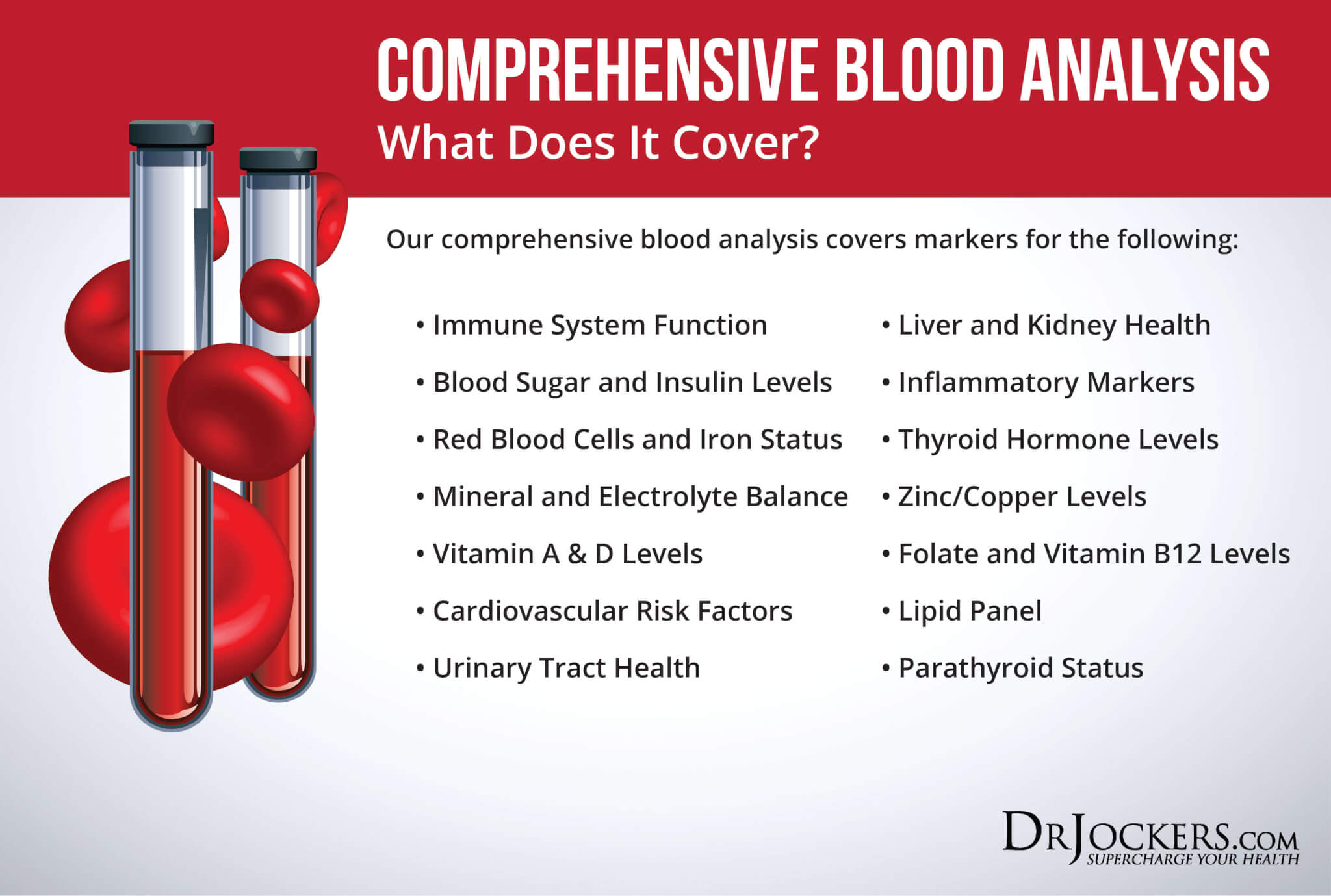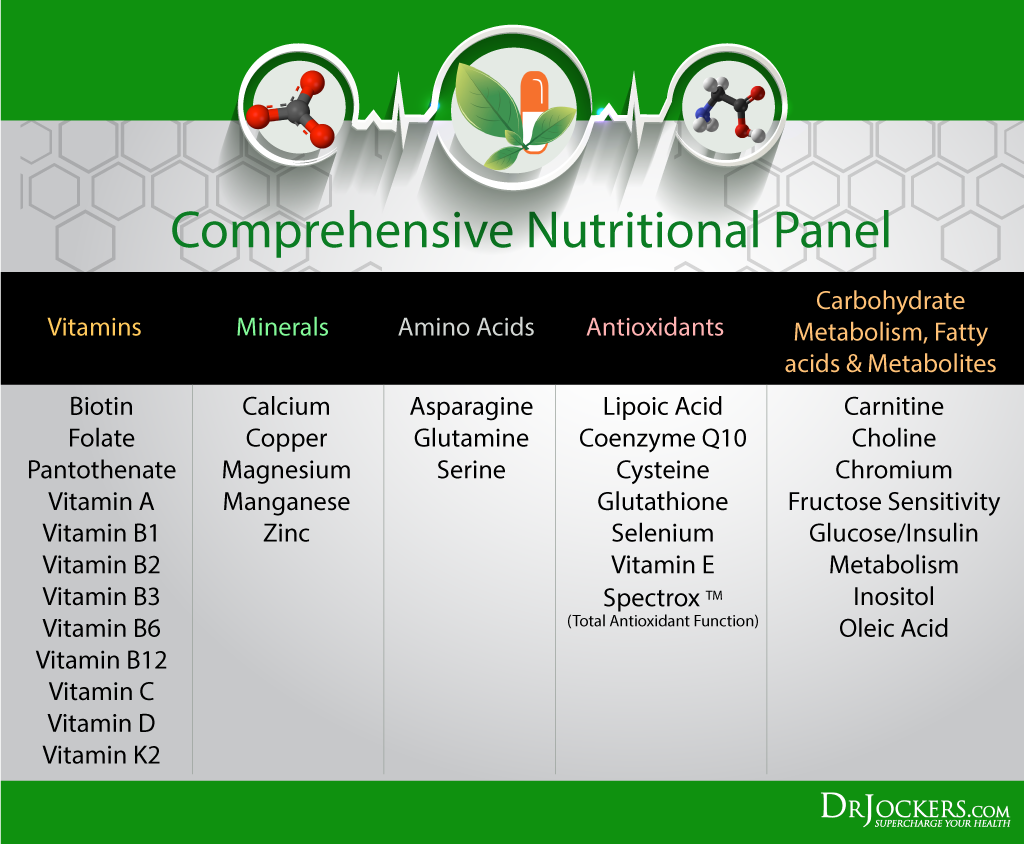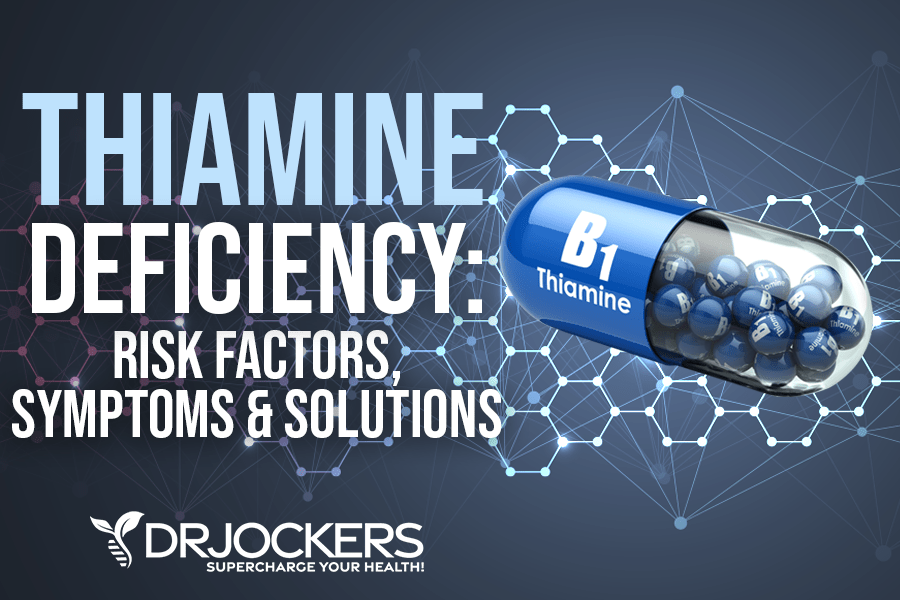 Thiamine Deficiency: Risk Factors, Symptoms & Solutions
Thiamine Deficiency: Risk Factors, Symptoms & Solutions
Thiamine is also known as vitamin B1. It is a water-soluble vitamin found in beef liver, beef steak, chicken, nutritional yeast, sunflower seeds, macadamia nuts, beans, lentils, and other foods, as well as vitamin B1 and B complex supplements.
Thiamine is critical for energy metabolism, healthy digestion, cardiovascular health, nerve health, brain health, learning, and mental health. Thiamine deficiency may affect your thinking, movements, energy levels, speech, and other areas of your health. Getting enough thiamine and keeping your thiamine levels at a normal range is critical for your health.
In this article, you will learn what thiamine is. You will understand the risk factors for thiamine deficiency. I will go over the benefits of thiamine. I will discuss the connection between thiamine deficiency and insulin resistance. I will recommend some lab tests for thiamine deficiency, including comprehensive blood analysis and micronutrient testing.
I will go over the RDA amounts for thiamine. You will learn about the best foods to raise your thiamine levels. I will discuss supplementation for thiamine. Finally, you will learn if there are any risks and side effects of too much thiamine.
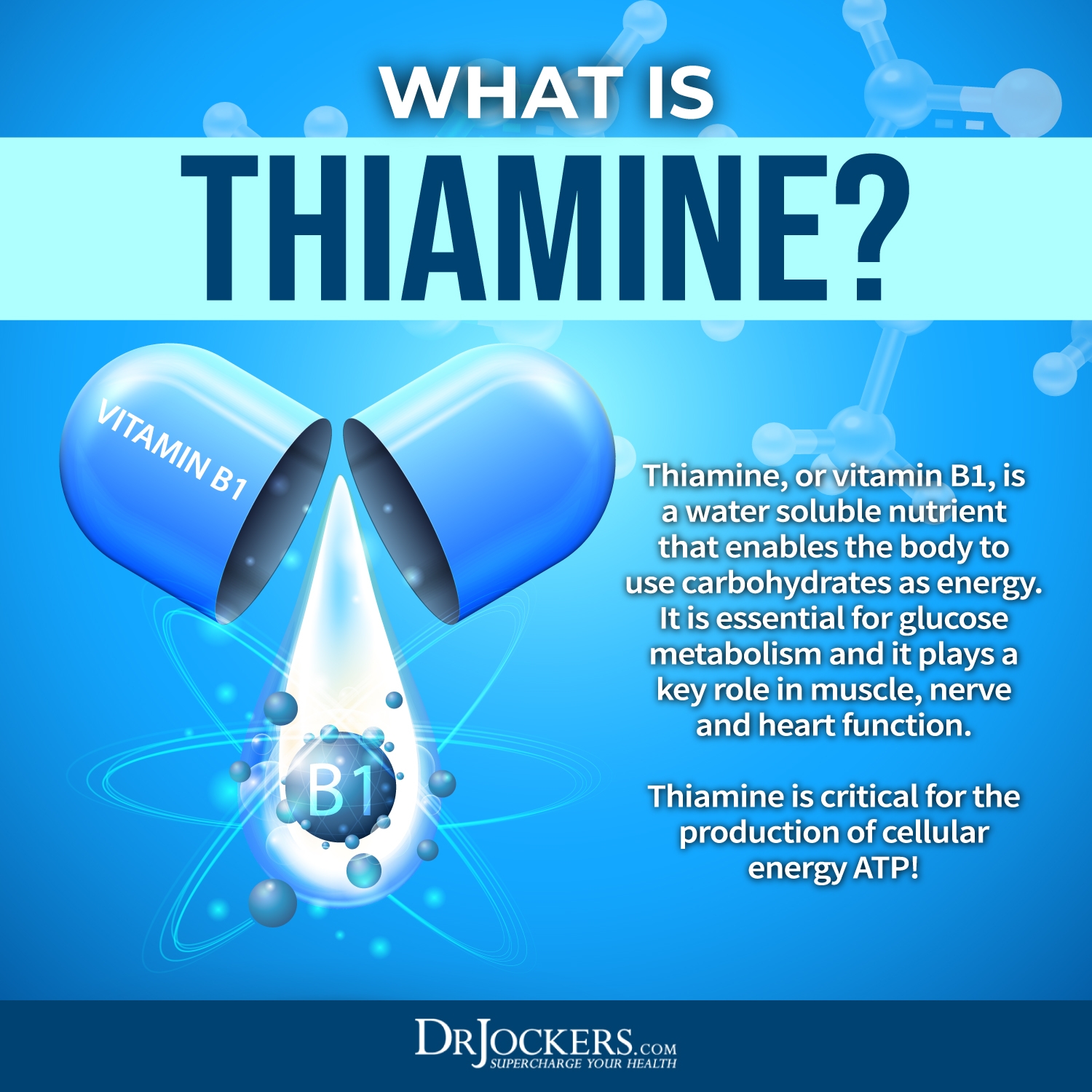
What is Thiamine
Thiamine is also known as vitamin B1 one. It is a water-soluble B vitamin. Thiamine can be naturally found in many foods, including pork, tuna, mussels, beef steak, beef liver, chicken, black bean, yogurt, acorn squash, seaweed, nutritional yeast, sunflower seeds, macadamia nuts, and rice. It is also found in a supplement form.
Thiamine from food and supplements gets absorbed by your small intestine. It is stored in small amounts by your liver. Thiamine is important for metabolism, cellular growth, development, and function (1, 2).

Symptoms of Thiamine Deficiency
There are many symptoms of thiamine deficiency. Your symptoms may depend on the type of thiamine deficiency you have. One type of thiamine deficiency is called wet beriberi. Symptoms of wet beriberi may be similar to congestive heart failure. Another type is called dry beriberi, which is characterized by muscle and nervous system symptoms (1, 2).
Common symptoms of wet beriberi thiamine deficiency may include:
- Difficulty breathing when lying down
- Difficulty breathing in general
- Tachycardia (rapid heart rate)
- Chest pain
- Shortness of breath
- Leg pain
- Leg swelling
Common symptoms of dry beriberi of thiamine deficiency may include:
- Confusion
- Changes in thinking
- Pain (generalized)
- Difficulty walking
- Impaired balanced
- Impaired coordination
- Double vision
- Tingling or numbness in your arms or legs
- Difficulty sensing vibrations, mainly in your feet or hands
- Repeated jerking movements
- Slurred speech or not being able to speak
- Weakness
- Vomiting
Serious symptoms of severe and possibly life-threatening thiamine deficiency may include:
- Slurred speech
- Inability to speak
- Difficulty breathing
- Inability to move or paralysis
If you are experiencing any of these serious symptoms, call 911 for immediate medical attention.
Risk Factors for Thiamine Deficiency
Thiamine deficiency is usually associated with conditions that impair the absorption of thiamine or nutrients in general. Risk factors for thiamine deficiency may include:
- Chronic alcohol excess or alcoholism
- Malnutrition
- Starvation
- Eating disorders that lead to malnutrition, including anorexia nervosa, bulimia nervosa, and avoidant/restrictive food intake disorder (ARFID)
- Liver problems
- Prolonged diarrhea and vomiting
- Other gastrointestinal issues
- Taking medications that interfere with the proper absorption of thiamine
- Older age, as it is often characterized by taking less nutrients, having chronic diseases, having absorption issues, and taking multiple medications
- Diabetes, which may affect thiamine clearance by your kidneys
- HIV/AIDS
- Bariatric surgery, which can cause undereating and absorption issues
- Genetic beriberi
- Fever
- Strenuous exercise or anything very stressful or demanding on the body regularly.
- A low-nutrient diet high in inflammatory, refined foods but low in greens, vegetables, nuts, seeds, and other nutrient-dense and thiamine-rich foods
- Consuming too many foods that may compromise thiamine absorption, including tea, coffee, and raw seafood
- Pregnancy, which can increase your body’s need for B vitamins, including thiamine, as well as most other nutrients
- Low socioeconomic status
- Living in an impoverished or underdeveloped country or area
- Being under age 1 in a country with a thiamine deficiency endemic
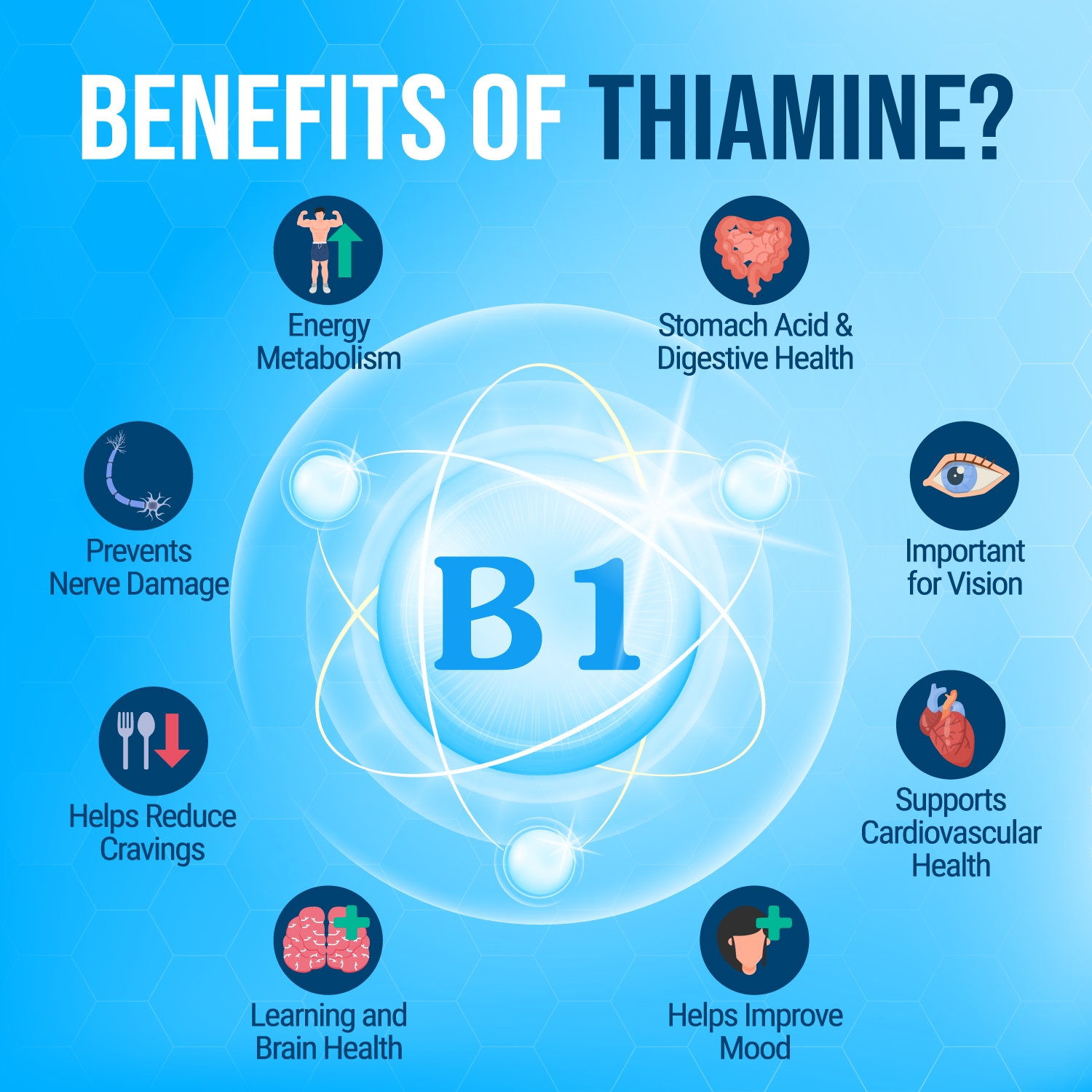
Benefits of Thiamine
Thiamine has many health benefits, including supporting energy metabolism, supporting stomach acid levels and digestive health, reducing the risk of nerve damage, supporting healthy vision, reducing cravings, supporting heart health, aiding learning and brain health, and improving your mood. Let’s talk about these benefits of thiamine.
Energy Metabolism
Thiamine is a critical vitamin for making adenosine 5’-triphosphate (ATP), which is an important energy-carrying molecule found in all life forms within the mitochondria. According to a 2006 review published in Evidence-Based Complementary and Alternative Medicine, thiamine helps to convert carbohydrates into glucose and break down fats and protein as well (3).
The enzymatic form of thiamine plays a role in decarboxylation and transketolation. These are two forms of metabolic reactions that occur in your body. Once you consume food with thiamine or take a thiamine supplement, it gets transported in your blood and plasma to your cells to be converted into energy.
Additionally, thiamine helps the production of red blood cells, which are also essential for ongoing energy. Thiamine, along with other B vitamins, helps to naturally boost your energy levels and to support healthy metabolism. It may be beneficial for people with metabolic disorders linked to genetic disease.
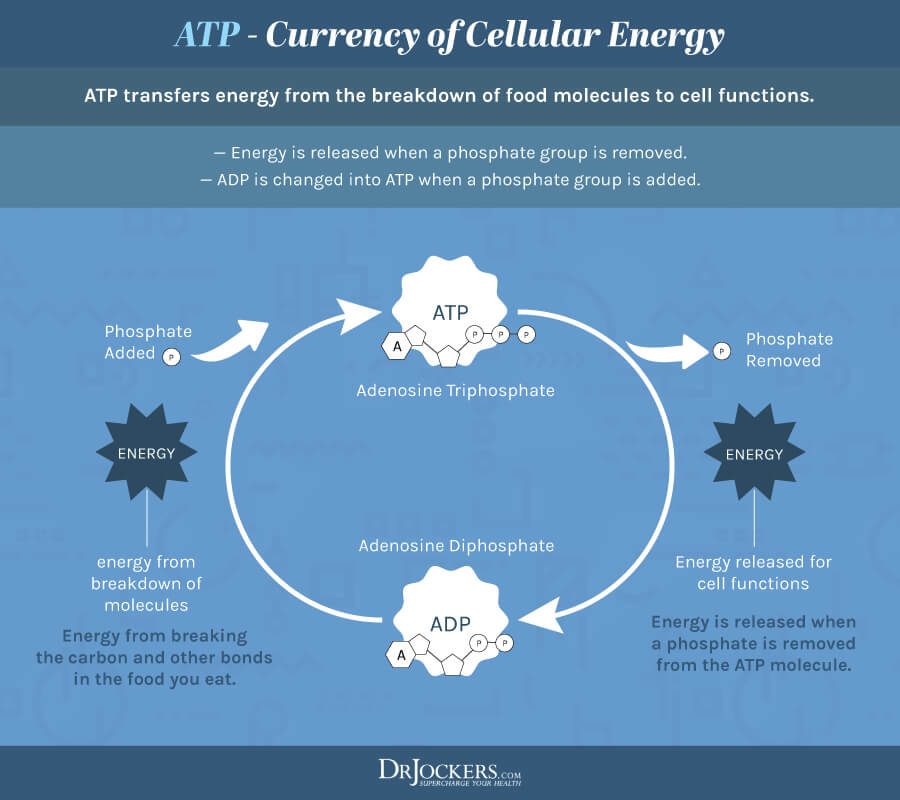
Stomach Acid and Digestive Health
Thiamine is also essential for your gut health. Thiamine deficiency can seriously affect your gastrointestinal (GI) tract and digestive health. According to a study published in the American Journal of Physiology, thiamine deficiency may interfere with the normal release of hydrochloric acid or stomach acid from your gastric cells (4). This may lead to low stomach acid.
A 2019 case report published in Case Reports in Neurology has found it may also reduce the speed of gastric motility and emptying, which may lead to acid reflux, GERD, bloating, nausea, and delayed emptying (5). It may also affect your body’s ability to properly digest proteins.
Severe deficiency can lead to gastrointestinal beriberi. Symptoms of gastrointestinal beriberi may include acid reflux and GERD, good digestion, bloating, gas, gastroparesis, or slow or paralyzed GI motility, often misdiagnosed as SIBO or irritable bowel syndrome with constipation (IBS-C).
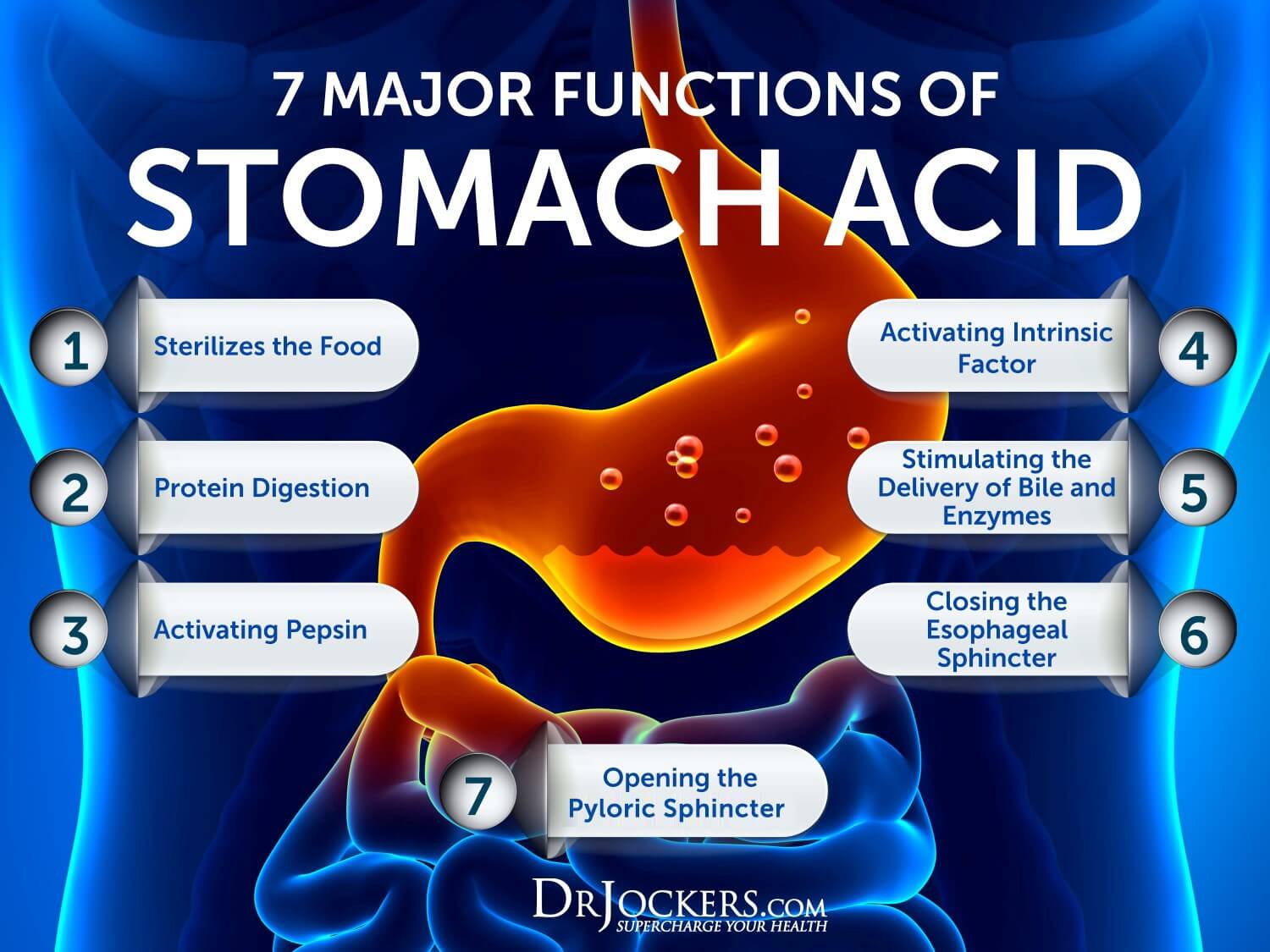
Prevents Nerve Damage
Thiamine is also essential for your nervous system and nerve health. It may help to reduce your risk of nerve damage and neuropathy. Following a poor diet low in nutrients may lead to nerve damage that may impact your nervous system health, lead to trouble moving, or cause learning and memory difficulties.
Thiamine helps your body to convert carbohydrates from food into energy to support your nervous system and brain health. According to a 2012 review published in Sub-cellular Biochemistry, thiamine is particularly important for pyruvate dehydrogenase, which is an enzyme reaction that helps to oxidize the sugar that you eat (7). Thiamine also supports the normal development of myelin sheets, which are essential for protecting your nerves from cellular damage and death.
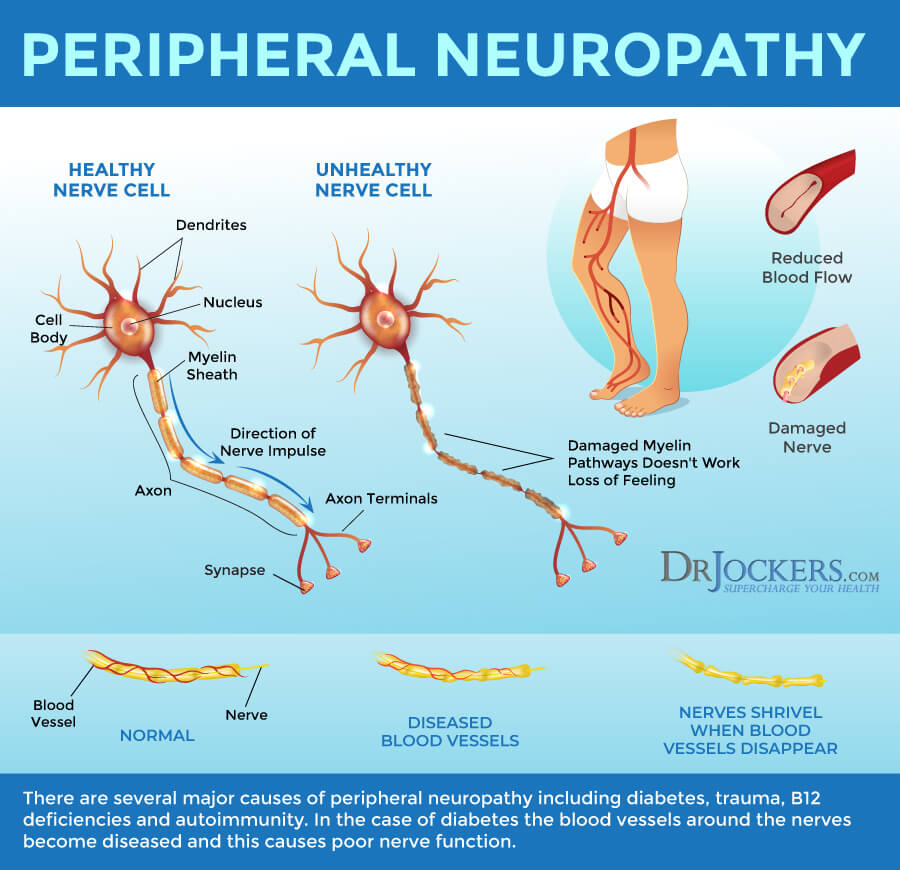
Important for Vision
Thiamine is also important for your eye health and vision. Thiamine can support nerve and muscle signaling.
This can help to transport information between your eyes and your brain. A 2001 study published in the American Journal of Ophthalmology has found that thiamine may be helpful for reducing the risk of cataracts (8). It may also help to lower the risk of glaucoma.
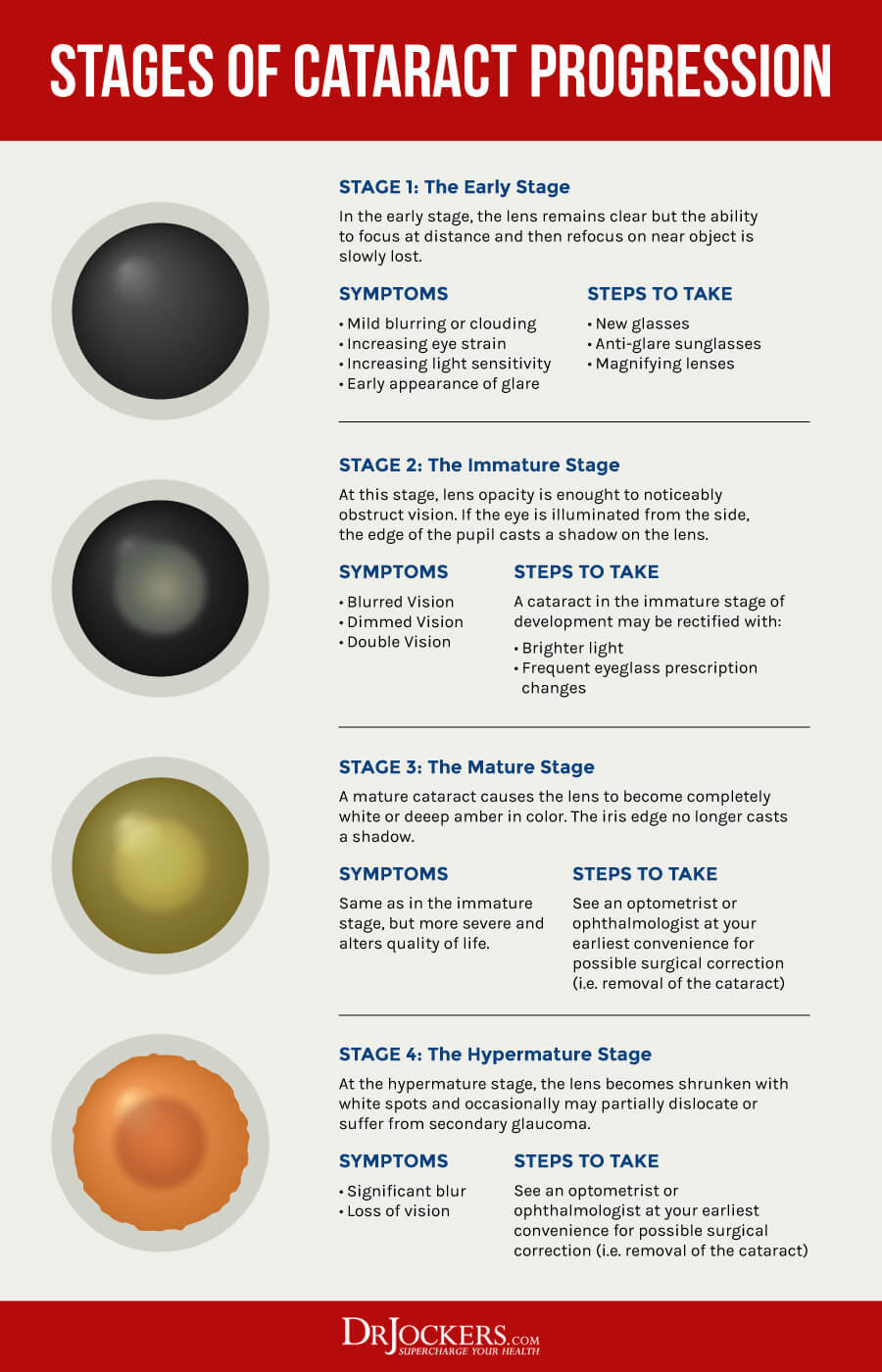
Helps Reduce Cravings
Thiamine may also help to reduce your cravings for sugar and alcohol. Thiamine helps to turn sugar into energy. If you are deficient in thiamine, it may lead to low blood sugar and sugar cravings. The anion gap is a test to check for metabolic acidosis to see if your blood is too acidic. It can be calculated using these markers: Anion Gap = (Sodium + Potassium) – (Chloride + Carbon Dioxide).
The normal anion gap is between 6 and 16, but in functional medicine, we tend to be more conservative. The ideal range should be between 7 and 12. If your levels are high and you have symptoms of thiamine deficiency, thiamine supplementation may help. Thiamine may help not only with sugar cravings but also with alcohol cravings.
Alcohol is full of sugar, and it can act as a quick source of energy for those with low blood sugar. While alcoholism is complicated, in some cases, low blood sugar can be attributed to cravings and underlying nutritional and health issues. Controlling blood sugar may help, and thiamine can help with this.
According to a 2003 review published in Alcohol Research and Health, Wernicke-Korsakoff Syndrome (WKS), which is a brain disorder related to thiamine deficiency and characterized by lethargy, nerve damage, issues walking, and involuntary muscle movements, is common in people with alcohol addiction or abuse, especially if they also eat a poor diet (9).
Alcohol may reduce your ability to absorb thiamine, increasing the risk of thiamine deficiency. Thus it’s not surprising that thiamine deficiency is common among those with an alcohol problem.
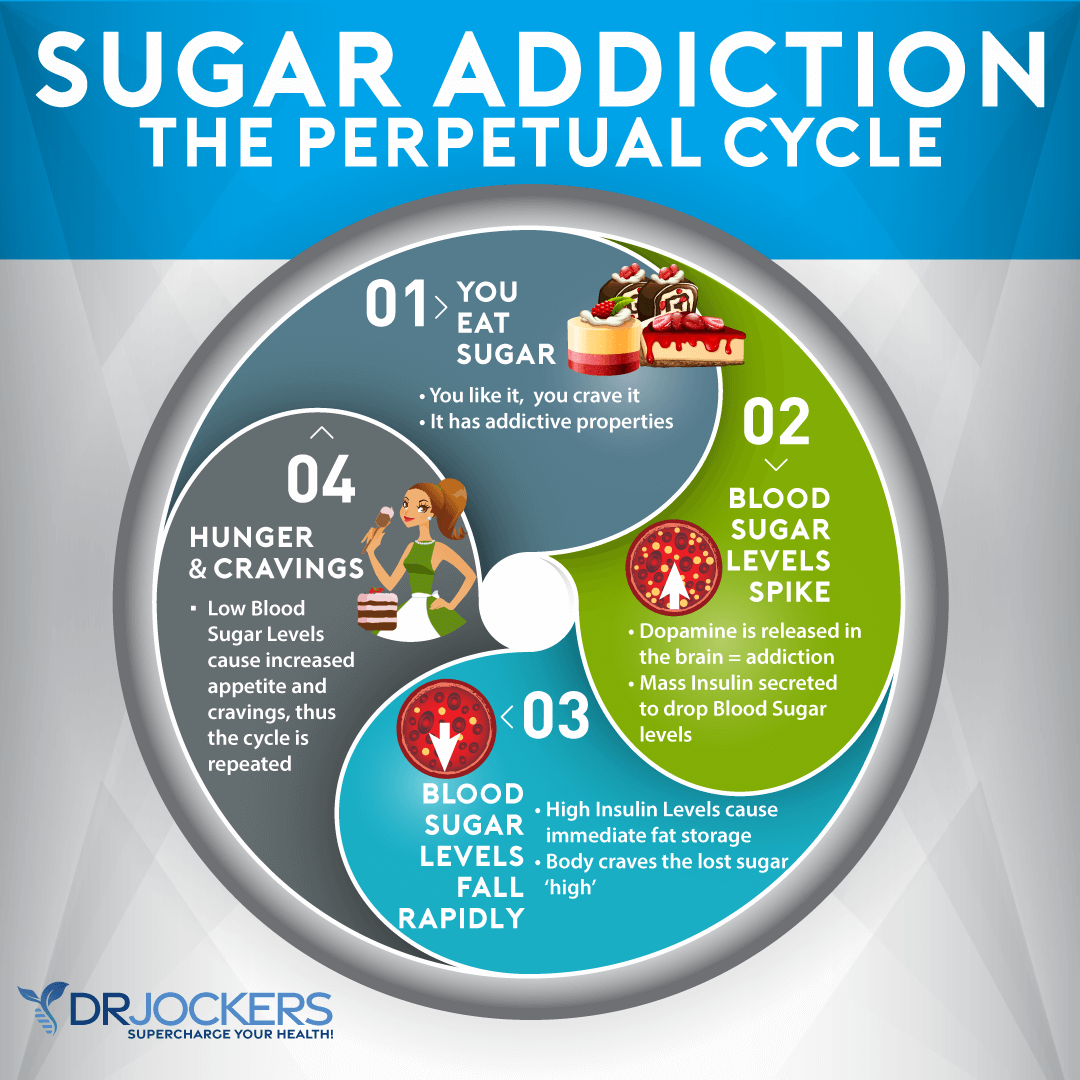
Supports Cardiovascular Health
Thiamine may also help to support your cardiovascular health. It is critical for your body to create acetylcholine. Acetylcholine is a neurotransmitter that helps to send messages between your muscles and nerve cells. Though you may not think about your heart as a muscle, it actually is one of the main muscles in your body that relies on proper information sending.
You need proper muscle and nerve health and signaling to have a healthy heartbeat and ideal heart health. According to a 2013 review published in Congestive Heart Failure, thiamine may help your body to maintain healthy ventricular function, support recovery from heart failure, and reduce the risk of heart disease (10).
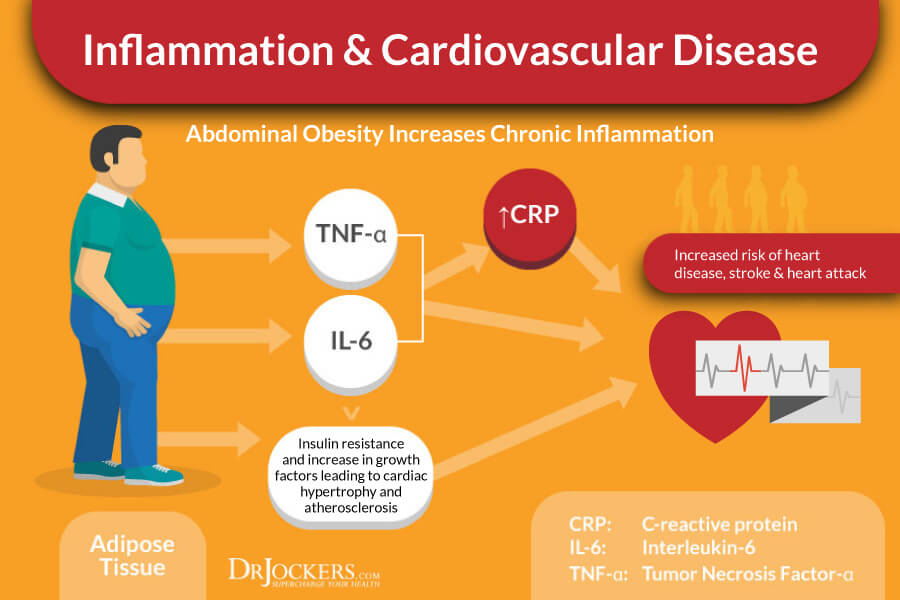
Learning and Brain Health
Thiamine also supports your brain health. It may help to offer protection against a form of brain damage called cerebellar syndrome and reduce the risk of memory disorders. According to a 2016 review published in the Annals of the New York Academy of Sciences, thiamine may help to reduce the risk of dementia and Alzheimer’s disease (11).
Thiamine may not only help to reduce the risk of memory loss, but it may also help to reduce stress, improve energy, and increase focus and learning. According to a 1997 clinical trial published in Psychopharmacology (Berlin), thiamine may help to improve reaction times and clear-headedness when taking tests (12). It may help to learn and retain information.
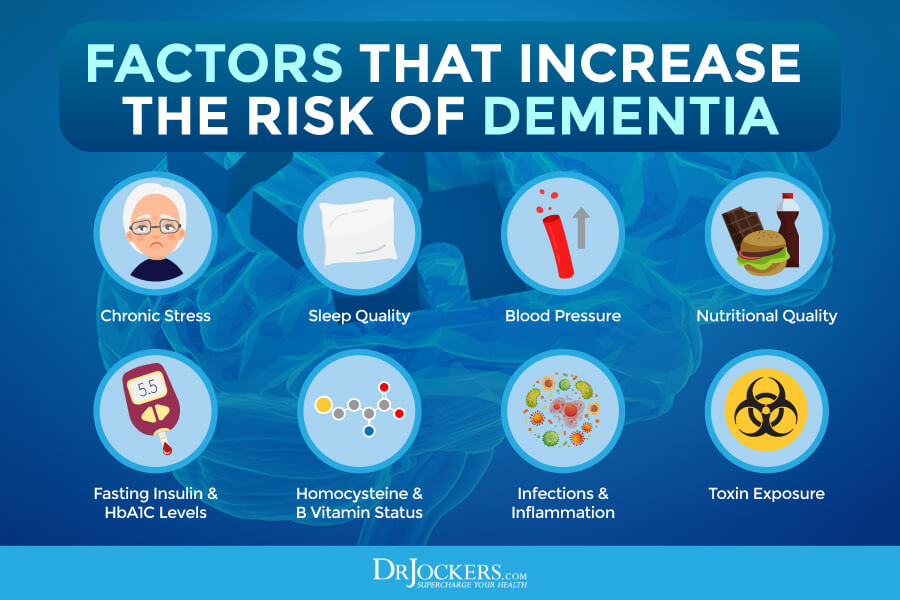
Helps Improve Mood
Since thiamine is essential for your brain and nervous system health, it may not be surprising that it may help to improve your mood. Thiamine is also called the anti-stress vitamin, as it may support your ability to deal with stress better. Stress and low energy may lead to a lack of motivation, poor mood, and mood disorders.
According to a 2016 review published in Nutrients, thiamine may help to improve your mood and reduce your risk of anxiety and depression (13). It may reduce chronic inflammation and brain inflammation. It may support nerve function. And by supporting nerve function, it may help to improve decision-making, control stress, reduce anxiety, and boost mood.
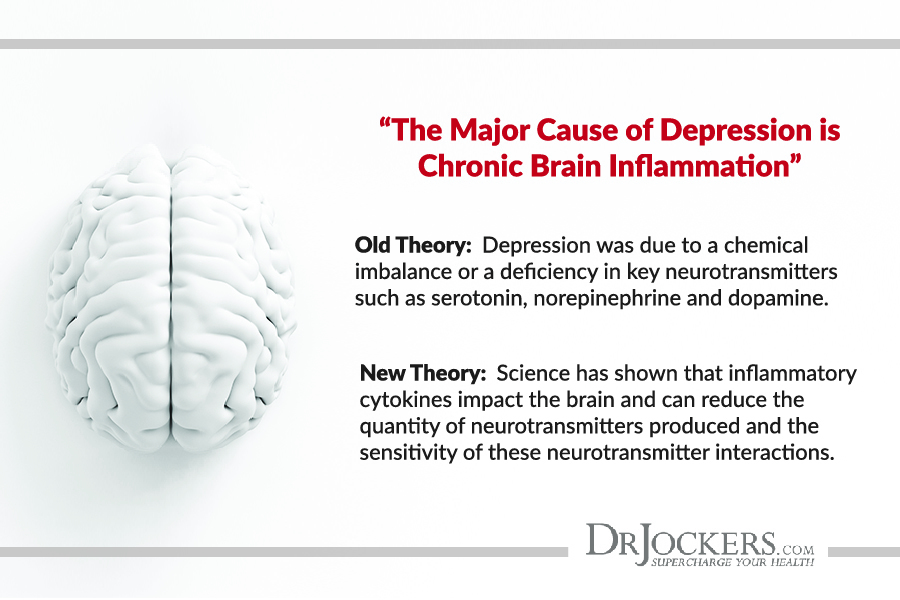
Thiamine Deficiency and Insulin Resistance
Thiamine deficiency may play a role in insulin resistance and diabetes. A 2012 study published in the Journal of Clinical Medicine Research has found that thiamine may play a role in glucose and insulin regulation (14). It may help to reduce the risk and play a role in the treatment of insulin resistance, diabetes, and related issues.
According to the study, thiamine serves as a coenzyme for various enzymes that play an important part in intracellular glucose metabolism. These enzymes include transketolase (Tk), pyruvate dehydrogenase, and α-ketoglutarate dehydrogenase complexes. Low thiamine and thiamine-dependent enzyme levels activities are common in diabetes.
Researchers found that thiamine and thiamine derivatives may help to reduce or prevent the activation of various biochemical pathways that occur because of hyperglycemia. They found that thiamine may help to reduce the risk of diabetic endothelial vascular disease, nephropathy, neuropathy, lipid profile, retinopathy, and cardiomyopathy.
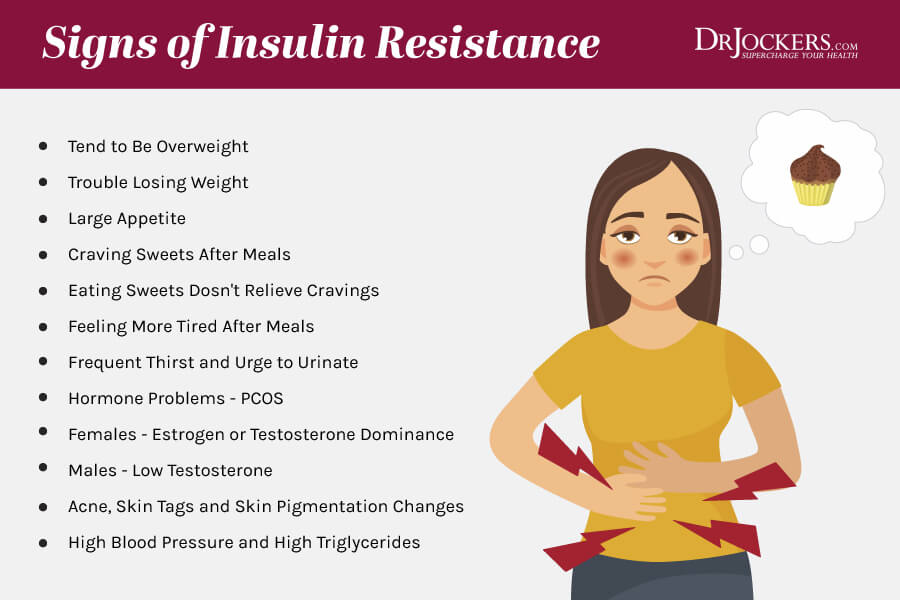
Lab Tests for Thiamine
I recommend a number of lab tests to detect thiamine deficiency and uncover the reasons behind your chronic symptoms.
Comprehensive Blood Analysis
I recommend looking at insulin resistance and metabolic markers. If you have thiamine deficiency, you can have markers of insulin resistance and metabolic acidosis. A 2012 study published in the Journal of Clinical Medicine Research has found that thiamine may play a role in glucose and insulin regulation, and thiamine deficiency may happen in insulin resistance and diabetes (14). According to a 2018 case report published in the Saudi Journal of Kidney Disease and Transplant, thiamine deficiency may be an underlying issue in metabolic acidosis (15).
To look at these markers, I recommend a Comprehensive Blood Analysis (CBA). This is the most detailed blood test that looks at all of these markers of inflammation. This test is more sophisticated than most conventional doctors are able to order.
It examines all parameters for inflammation, blood sugar levels, thyroid function, zinc and copper ratio, vitamin A and D levels, a complete metabolic panel, complete blood count, liver function, nutrient deficiencies, and more. I recommend getting the Comprehensive Blood Analysis done regularly both as a preventative measure and to monitor your inflammation levels and progress.
High HbA1C
Thiamine deficiency is connected to and is common in insulin resistance and diabetes (14). Your HbA1C levels measure your average blood sugar over the past 2 to 3 months.
Hemoglobin A1C (HbA1c) gives the average amount of glucose in your blood or blood sugar over the past 3 months, making it one of the top tests for inflammation and diabetes. The clinical range is between 4.8 and 5.6, while the optimal range is 4.5 – 5.2.
High Fasting Insulin
Thiamine deficiency is connected to and is common in insulin resistance and diabetes (14). I recommend checking your fasting insulin levels.
Testing your fasting insulin can recognize elevated blood sugar levels and can detect inflammation, insulin resistance, blood sugar issues, and diabetes. The clinical range for fasting insulin is 2.6 – 24.9 uIU/ml, and the optimal range is 1.0 – 5.0 uIU/ml.
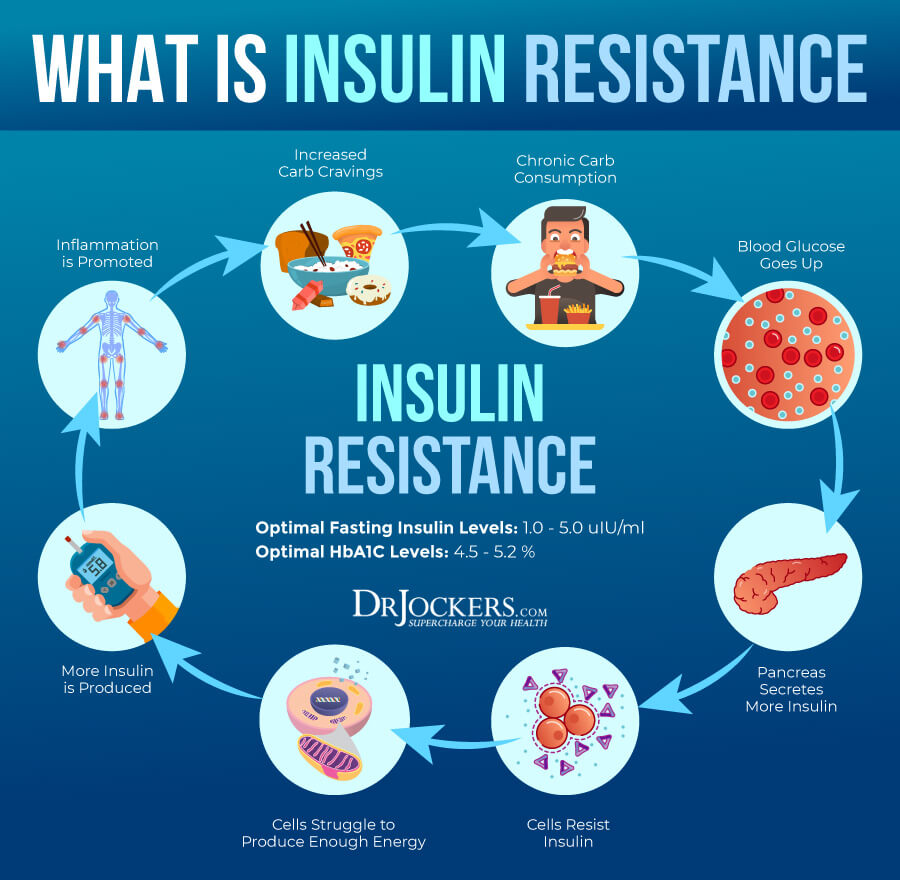
Low CO2
We also need to check for carbon dioxide (CO2) levels. Serum CO2 levels show an increase in serum bicarbonate concentration instead of reflecting of dissolved CO2 gas. Elevated levels usually indicate pulmonary issues.
The clinical range for CO2 is 20-29 mmol/L. High levels may develop because of emphysema, use of diuretics, severe vomiting, or blood alkalosis. Low levels may be a sign of blood acidosis, diabetic acidosis, starvation, or severe diarrhea.
The optimal range for CO2 is 23 to 27 mmol/L. Low levels are often associated with poor blood sugar regulation. B1 deficiency may also cause both low CO2 levels and low lactate dehydrogenase (LDH) levels under 140. Diarrhea, vomiting, and low nutrition may also cause problems.
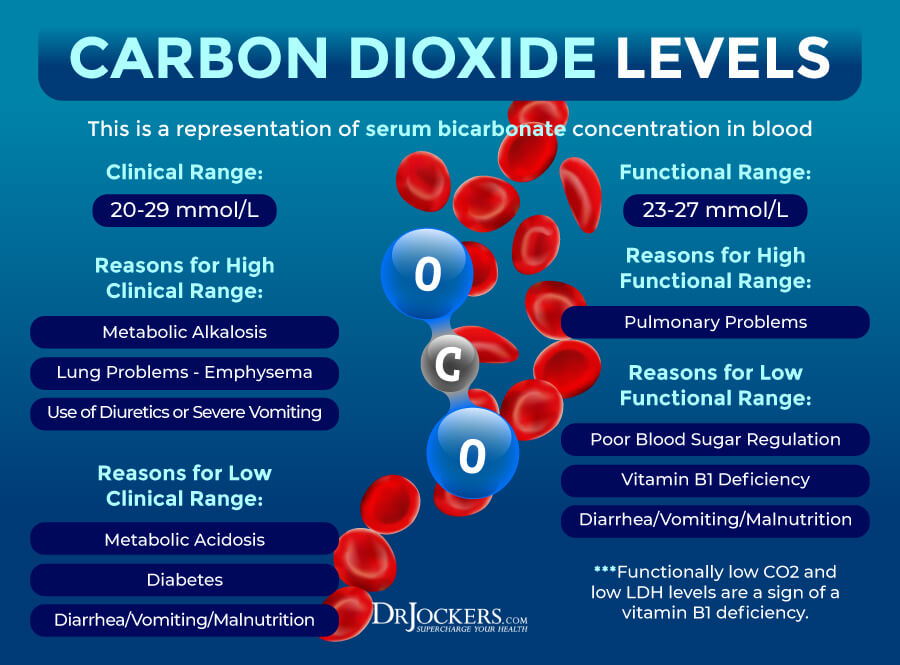
Anion Gap
The anion gap check for the difference between the sum of sodium and potassium and the sum of chloride and bicarbonate. If you are well-versed in chemistry, this is a great representation of the anion gap: the anion gap = (Na + K) – (C1 + CO2). This gap may help to spot kidney, lung, adrenal and other organ function problems.
The optimal range for the anion gap is between 7 and 12 mmol/L. The anion gap increases with dysglycemia, ketogenic diets, diabetic ketoacidosis, alcoholic ketoacidosis, fasting, starvation, salicylate toxicity and lactic acidosis.
High levels may also indicate adrenal fatigue or thiamine deficiency. Dehydration, kidney issues, diarrhea, too much exercise, and ketoacidosis may also be potential culprits. Low levels are most commonly a lab error but in some cases, low levels may be due to hyperparathyroidism, kidney problems, heart disease, and certain cancers.
Low LDH
Lactate Dehydrogenase (LDH) is an enzyme found in all living cells. Optimal levels are between 140-180. Low levels may indicate thiamine deficiency. Under 140 IU/L means your levels are low. Elevated levels may indicate inflammation. Levels over 180 indicate inflammation.
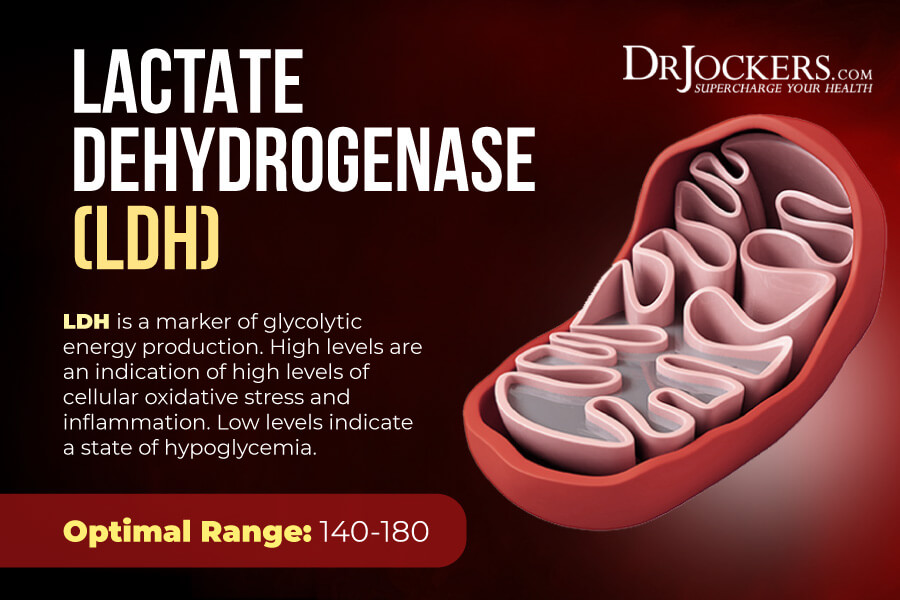
Micronutrient Testing
To look at your thiamine and other micronutrient levels, you may also consider micronutrient testing. I recommend Spectracell Micronutrient Testing. SpectraCell’s Micronutrient test provides the most comprehensive nutritional analysis available by measuring functional deficiencies at the cellular level. It is an assessment of how well the body utilizes 33 vitamins, minerals, amino/fatty acids, antioxidants, and metabolites while conveying the body’s need for these micronutrients that enable the body to produce enzymes, hormones, and other substances essential for proper growth, development, and good health.
This test provides the basis of a personalized, functional approach to addressing a broad variety of clinical conditions, including arthritis, cancer, cardiovascular risk, diabetes, various immunological disorders, metabolic disorders, and micronutrient deficiencies.
RDA Amounts for B1
The recommended dietary allowance (RDA) for thiamin or vitamin B1 is as follows (1, 2):
- Birth to 6 months: 0.2 mg for males and females
- 7 to 12 months: 0.3 mg for males and females
- 1 to 3 years: 0.5 mg for males and females
- 4 to 8 years: 0.6 mg for males and females
- 9 to 13 years: 0.9 mg for males and females
- 14 to 18 years: 1.2 mg for males and 1.0 mg for females and 1.4 mg during pregnancy and when lactating
- 19 to 50 years: 1.2 mg for males and 1.1 mg for females and 1.4 mg during pregnancy and when lactating
- 51 years and over: 1.2 mg for males and 1.1 mg for females
Please, note that RDA numbers may be too low for some individuals, especially if you are at risk for thiamine deficiency. If you are at risk of thiamine deficiency, you should be aiming for higher. If you are currently dealing with thiamine deficiency, you should also be aiming for higher, at least until you correct your levels and improve your health.
Best Foods to Raise Thiamine Levels
You may improve your thiamine levels through a thiamine-rich nutrient-dense diet. The best foods that are high in thiamine include nutritional yeast, seaweed, sunflower seeds, macadamia nuts, lentils, black beans, white beans, navy beans, green split peas, edamame, soybeans, beef liver, tuna, mussels, beef steak, beef liver, chicken, asparagus, acorn squash, and brussels sprouts (1, 2).
However, people with compromised digestion or other risk factors for thiamine deficiency may not be able to get enough from foods. Not to mention that beans and lentils, some of the main thiamine-rich foods, can be hard on your digestion and may not be ideal in large quantities. Heating food and pasteurization may also reduce thiamine content. Moreover, the data on the bioavailability of thiamine in thiamine-rich foods is right now limited (1, 2).
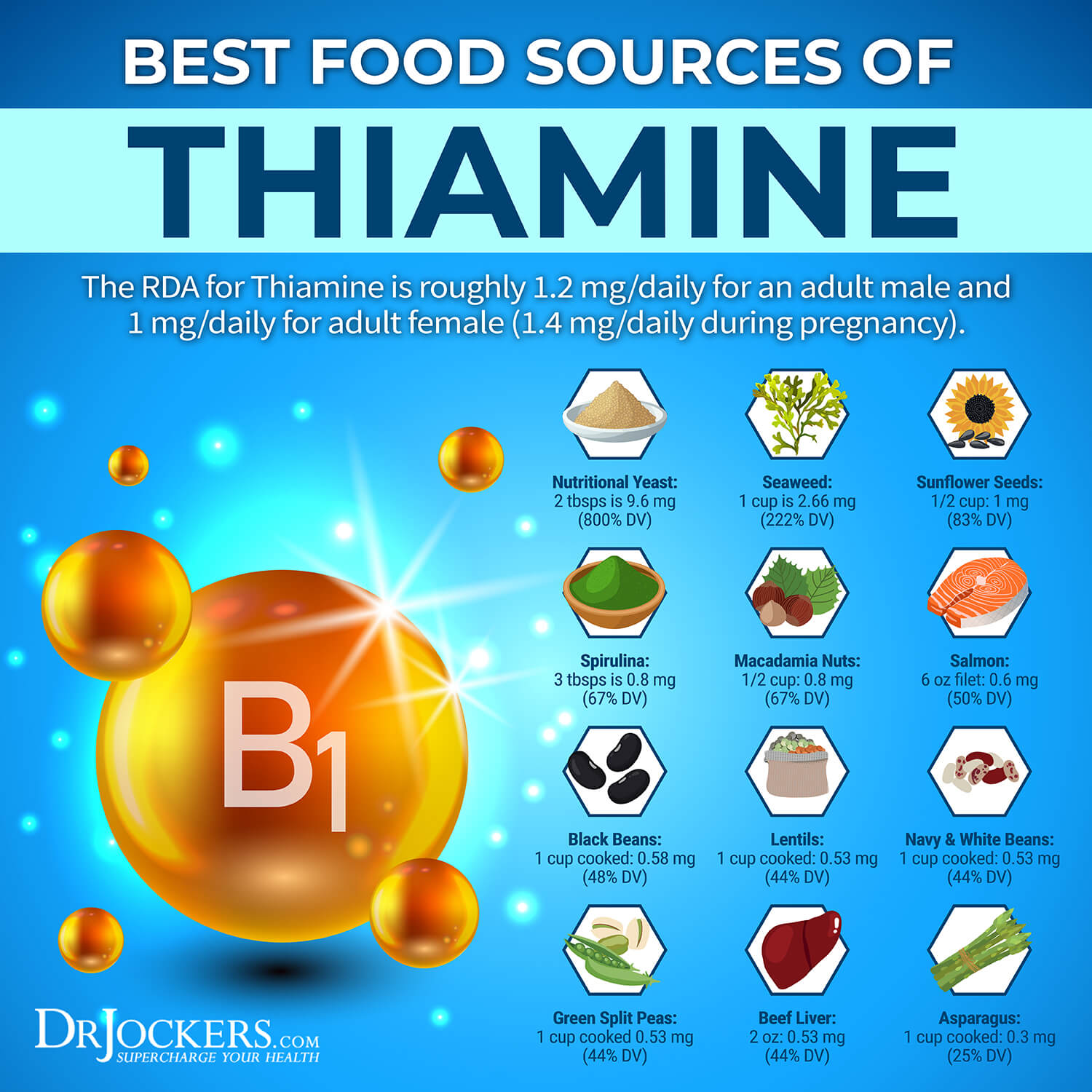
Supplementing for B1
Since food is not always enough, especially if you are at risk of thiamine deficiency or experiencing symptoms of thiamine deficiency, you may consider supplementation with thiamine. Here are the different options for supplementing vitamin B1, including water-soluble forms, fat-soluble forms, and vitamin B complex:
Water-Soluble Forms
You may take water-soluble forms of thiamine. Water-soluble vitamins dissolve in water. You can take them with water.
Any excess gets filtered through your liver and removed through the urine. Water-soluble forms of vitamin B1 include Thiamine Mononitrate and Thiamine HCL. They may help to reduce the risk or improve thiamine deficiency.
Fat-Soluble Forms
Another form is fat-soluble thiamine. Fat-soluble vitamins absorb better into your bloodstream when you eat or take them with fat, such as fatty fish, fatty meat, food made with organic olive oil or coconut oil, or butter, or avocados.
Unlike water-soluble forms of vitamin B1, excess fat-soluble vitamins are stored in your fatty tissues. Benfotiamine is a fat-soluble form of vitamin B1. It is a synthetic form of vitamin B1 that’s often recommended for diabetic neuropathy, Alzheimer’s disease, alcohol use disorder, and arthritis.
Benfotiamine is absorbed much better than water soluble thiamine salts. Maximum plasma levels of thiamine are about 5-fold higher after benfotiamine intake and the bioavailability is about 3.6 times as high as that of thiamine hydrochloride and better than that of other lipophilic thiamine derivatives (16).
I like the Pure Encapsulations BenfoPure here and I usually use 200 mg, 1-2 times daily for best results with individuals who have a clinically tested thiamine deficiency.
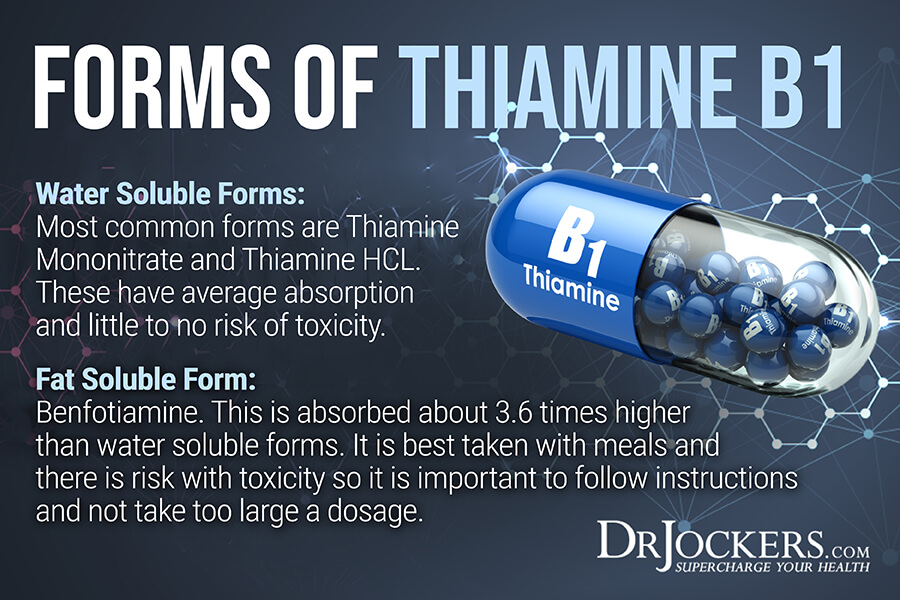
B Complex Supplementation
Thiamine is normally included in Vitamin B complex supplements along with other important B vitamins, such as vitamin B2 (riboflavin), vitamin B3 (niacin), vitamin B5 (pantothenic acid), vitamin B6, and vitamin B12. Taking a vitamin B complex supplement can help you to reduce your risk of thiamine and other B vitamin deficiencies.
B vitamins can work together to produce energy, support your brain and mental health, support other health functions, and improve your overall health. I recommend taking B Strong for B complex supplementation. B Strong contains both water soluble thiamine HCL (20 mg per capsule) and fat soluble benfotiamine (20 mg per capsule) which are great for those looking to optimize their B1 levels.
Risks and Side Effects of Too Much Thiamine
Your body generally does a good job in excreting any excess amount of thiamine in the urine. There is generally no concern about taking too much thiamine. There isn’t a set upper limit (UL) for taking thiamine due to the lack of reports on the adverse effects of taking very high amounts of thiamine (50+ mg/day) through food or supplementation. This may be because thiamine absorption declines quickly over an intake of 5 mg. Your body releases the remaining.
Since there is no benefit to consuming or taking too much thiamine, I recommend sticking to the recommended dose on your supplement bottle. If you are dealing with thiamine deficiency, I recommend that you work with a doctor’s guidance.
Final Thoughts
Thiamine is important for energy metabolism, healthy digestion, cardiovascular health, nerve health, brain health, learning, and mental health. Thiamine deficiency may cause all kinds of health issues. Getting enough thiamine and keeping your thiamine levels at a normal range is critical for your health. I recommend that you follow my tips in this article, eat enough thiamine-rich foods, and supplement with vitamin B1 to improve your thiamine levels and your overall health.
If you want to work with a functional health coach, I recommend this article with tips on how to find a great coach. On our website, we offer long-distance functional health coaching programs. For further support with your health goals, just reach out—our fantastic coaches are here to support your journey.

